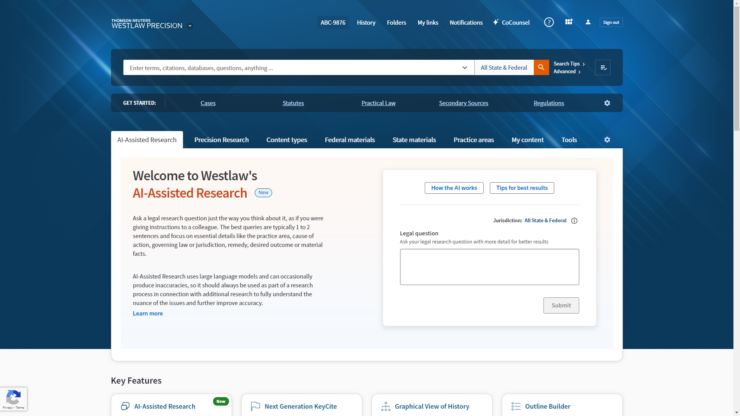Today, Thomson Reuters, and the Center on Ethics and the Legal Profession at Georgetown Law has released the 2024 Report on the State of the US Legal Market.
The report opens with the sobering tale of the collapse of Pan American Airways because leaders stuck with an old strategy and failed to pivot as more nimble competitors emerged and an oil embargo changed the economics of international travel. We have seen this executive paralysis and failure to recognize the emergence of a market disruptor repeatedl: Kodak, Blockbuster, Swiss watchmakers … the theme documented in Clayton Christensen’s book “The Innovator’s Dilemma.”
The report continues the warning by noting how several fundamental shifts in the market threaten to upend traditional law firm business models, most notably the emergence of Generative AI. Law firms continue to inflate the rates balloon and clients wield market power in demanding higher discounts to deflate the increases.
Shifting market factors include:Continue Reading Thomson Reuters 2024 Report on the State of the Legal Market — Cloudy With a Chance of Disruption?





